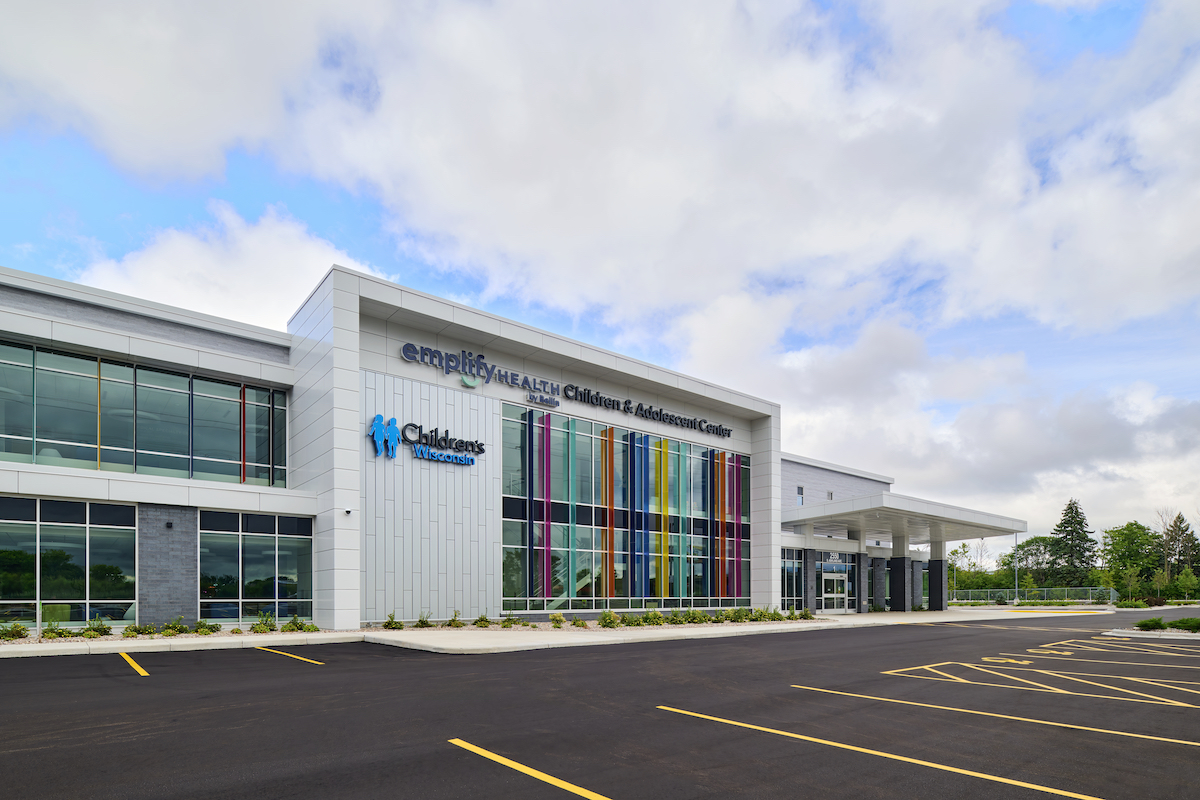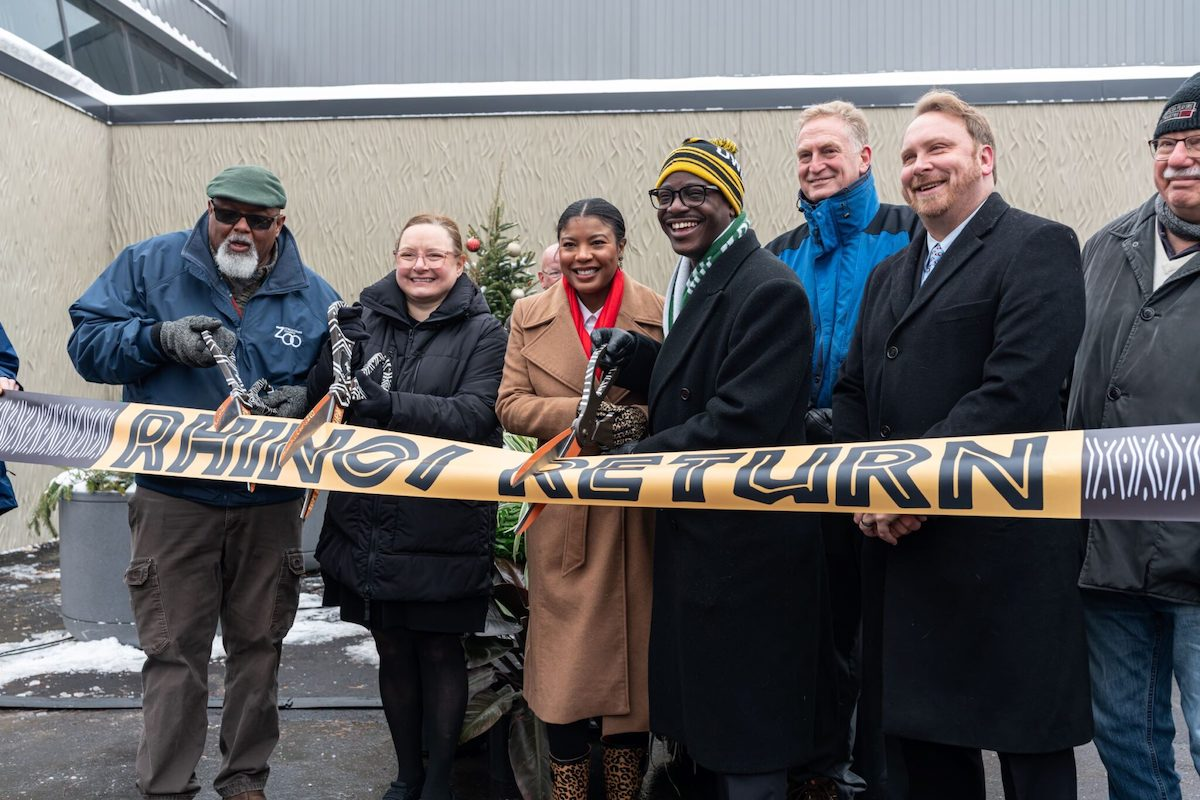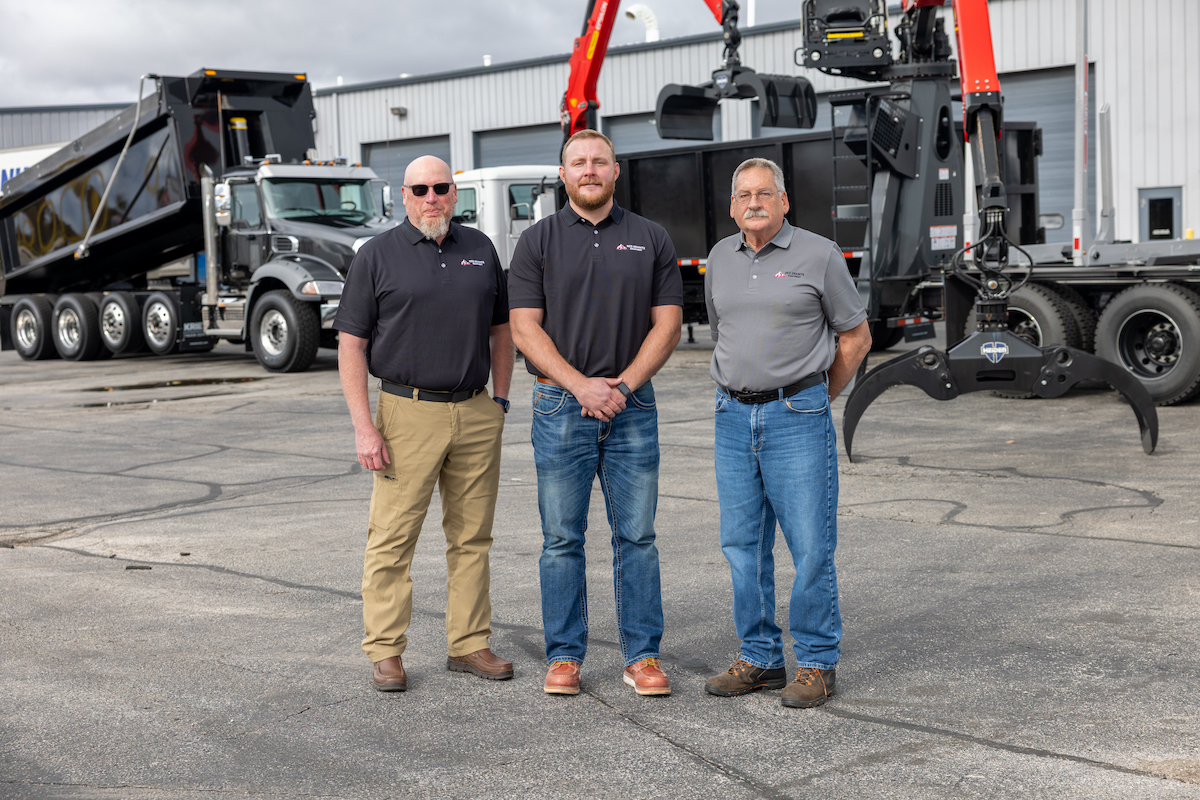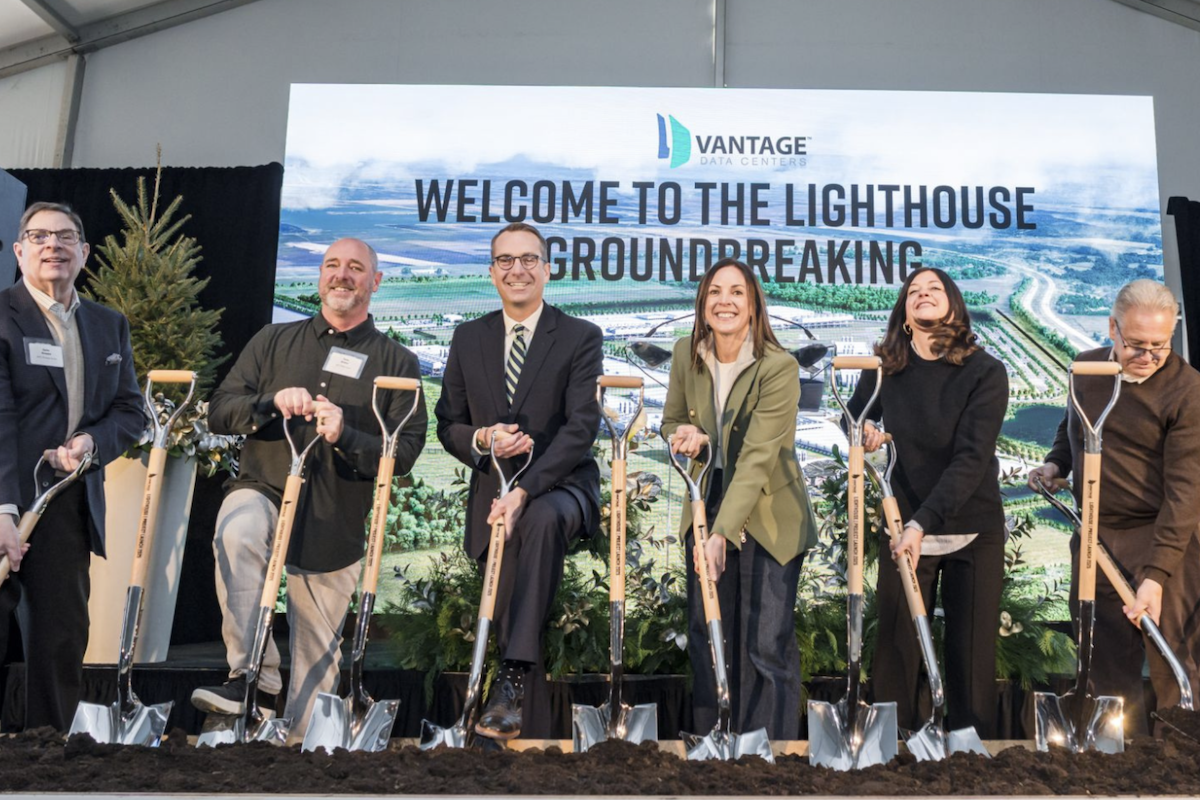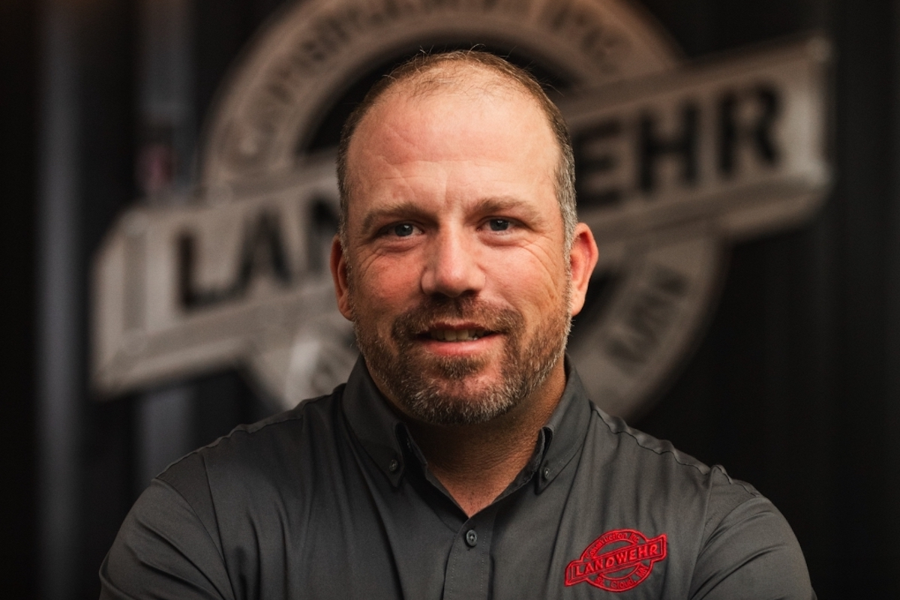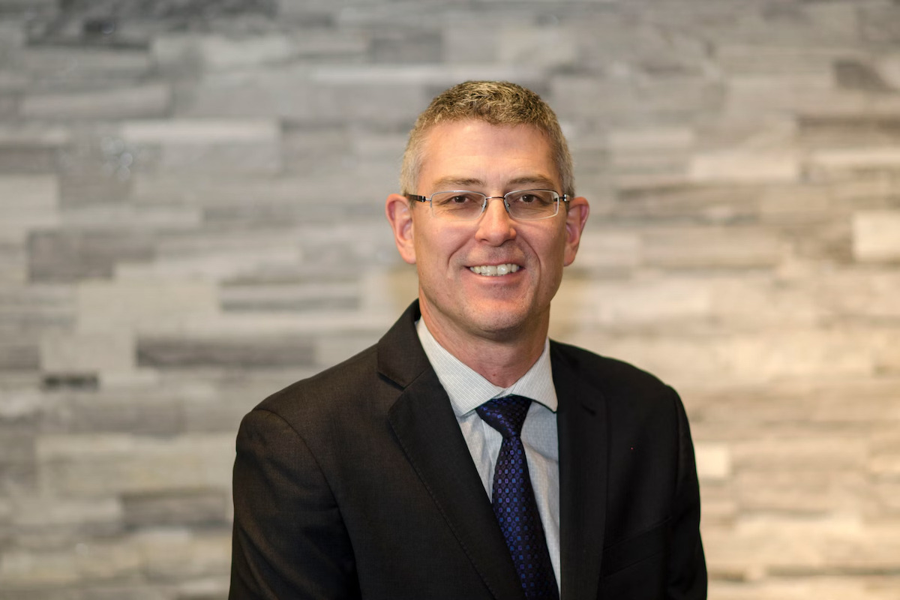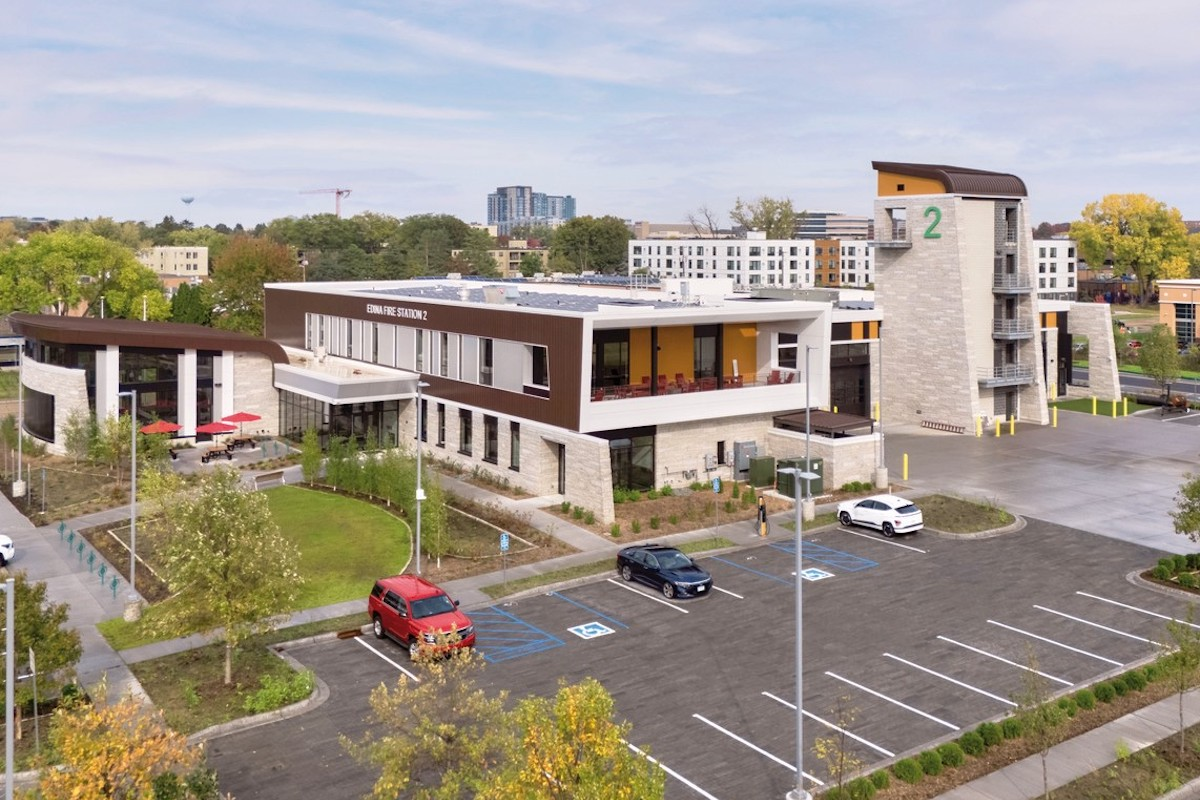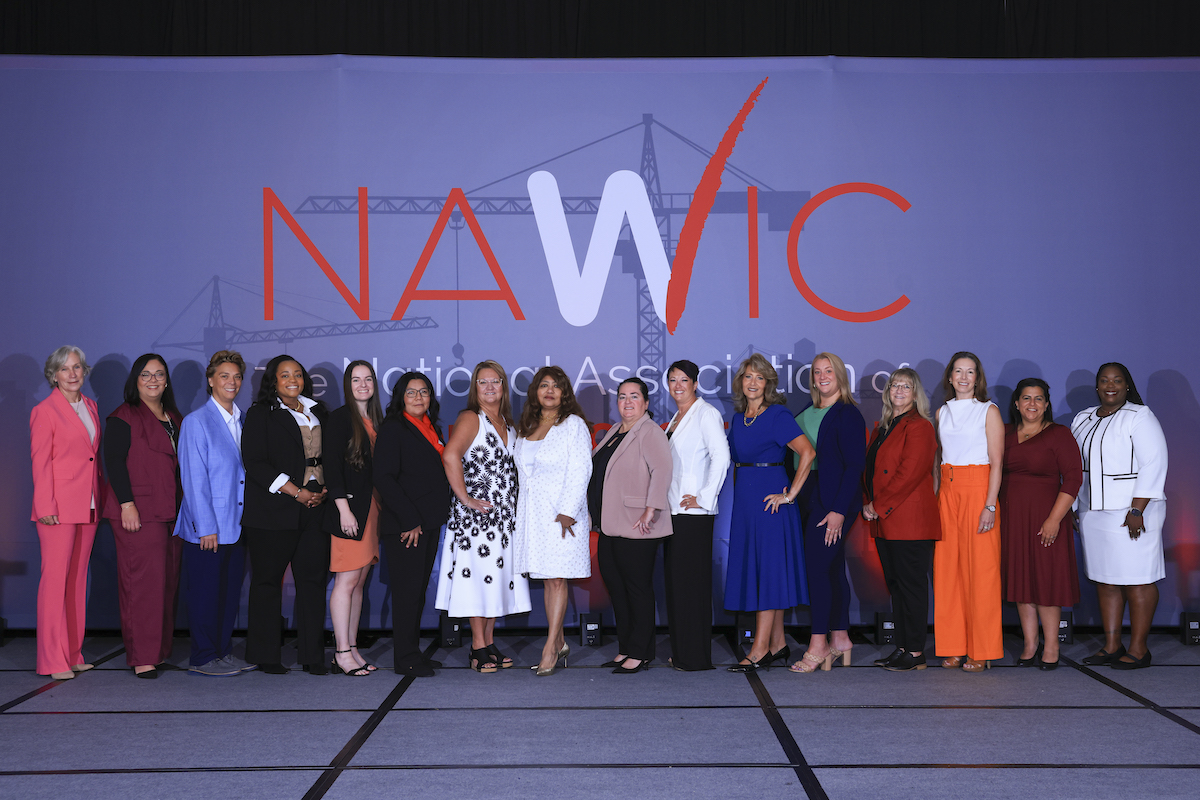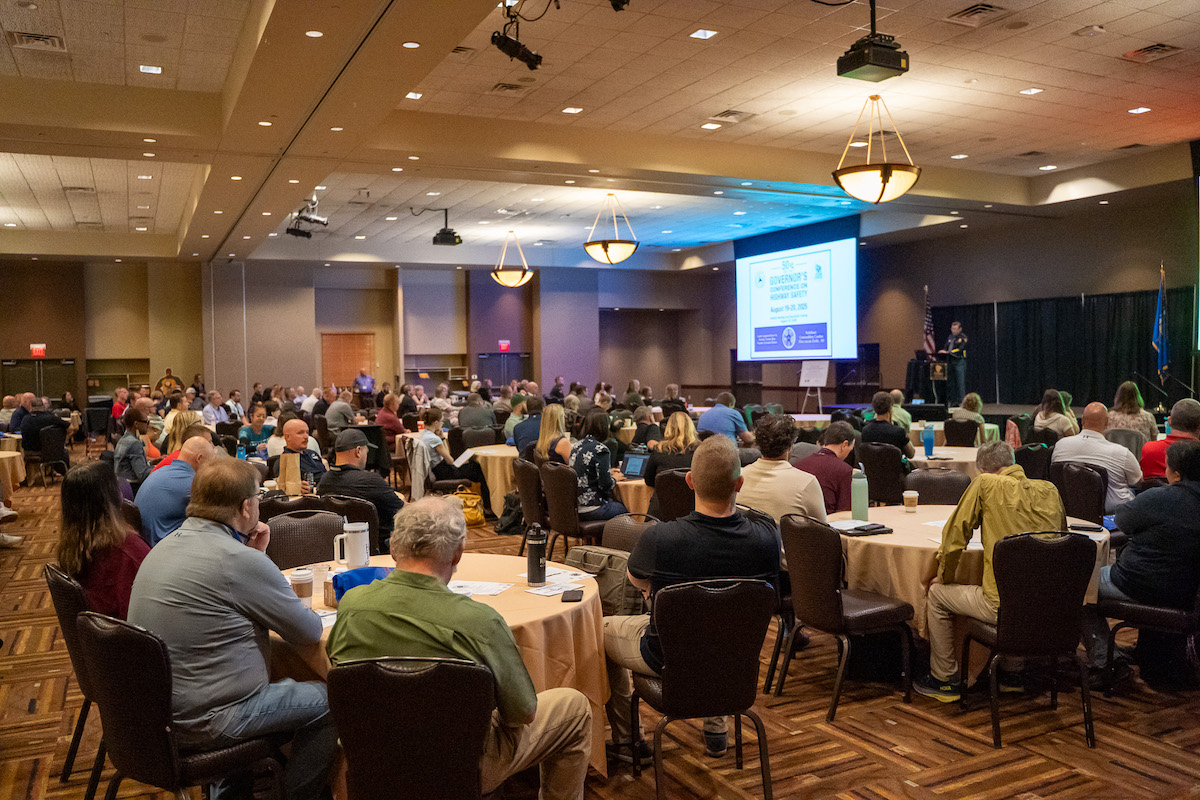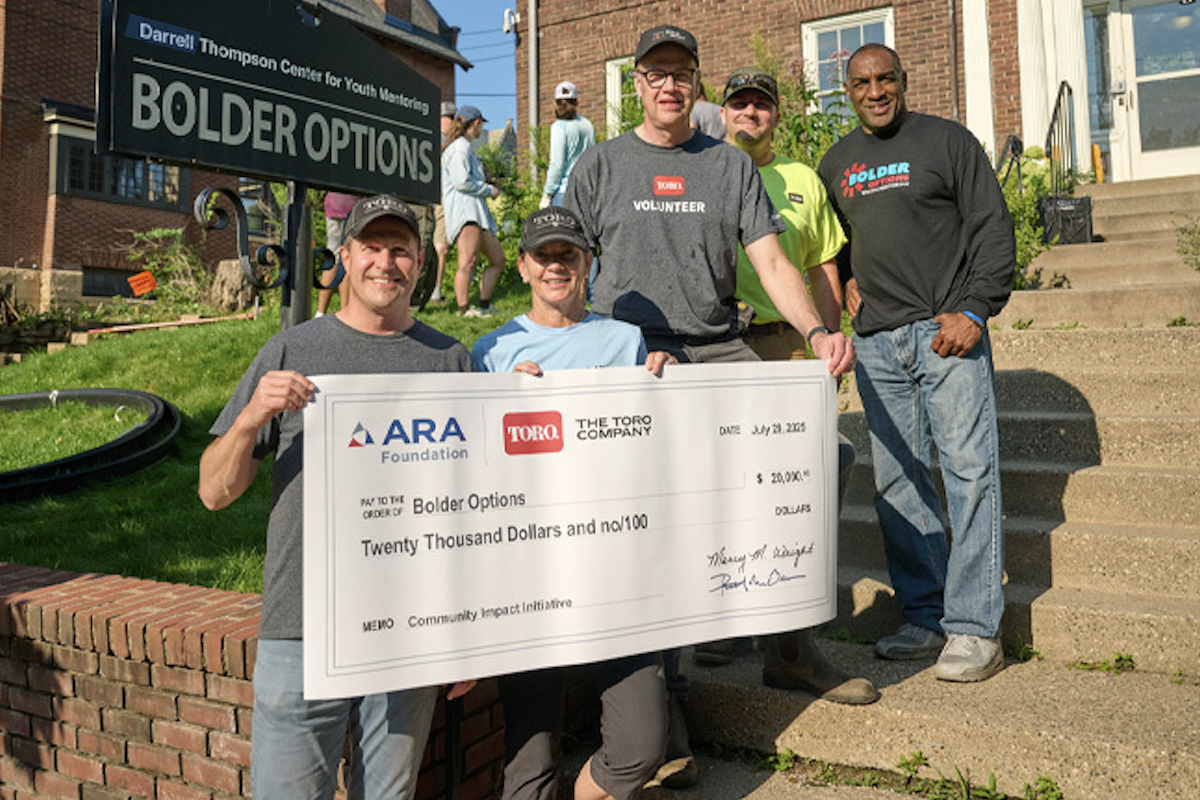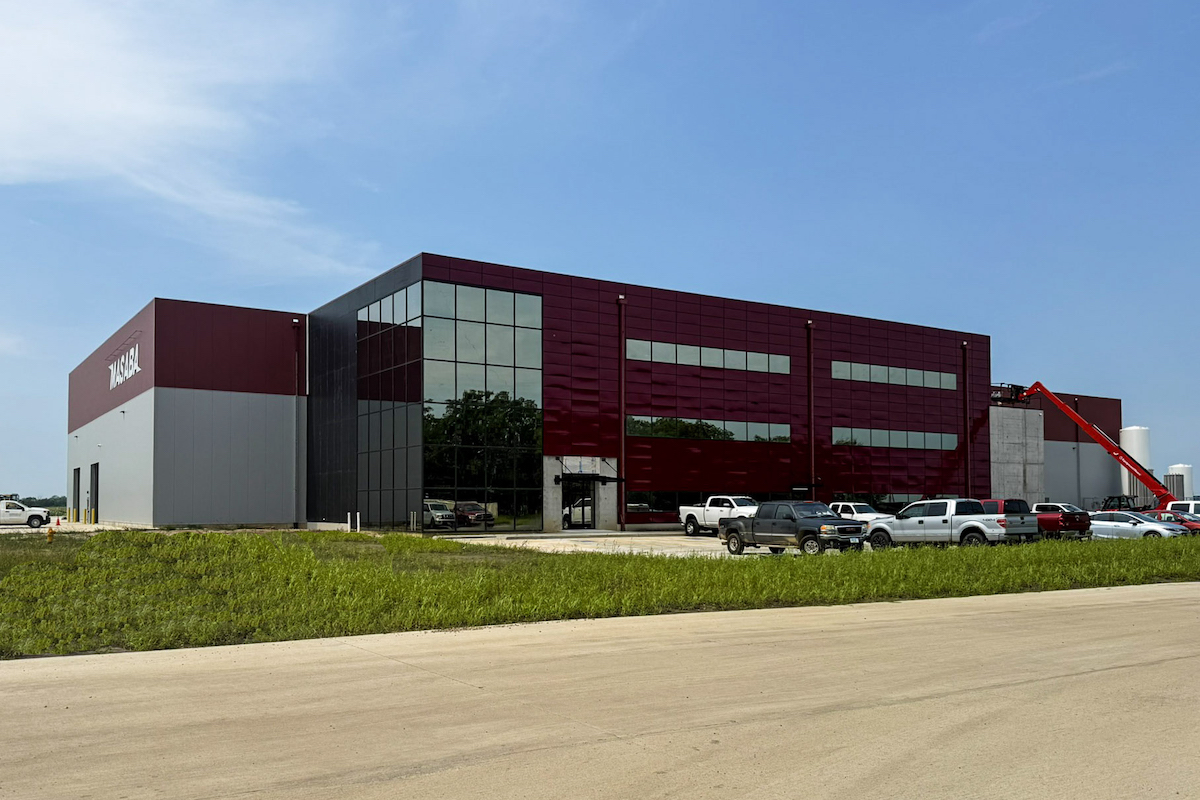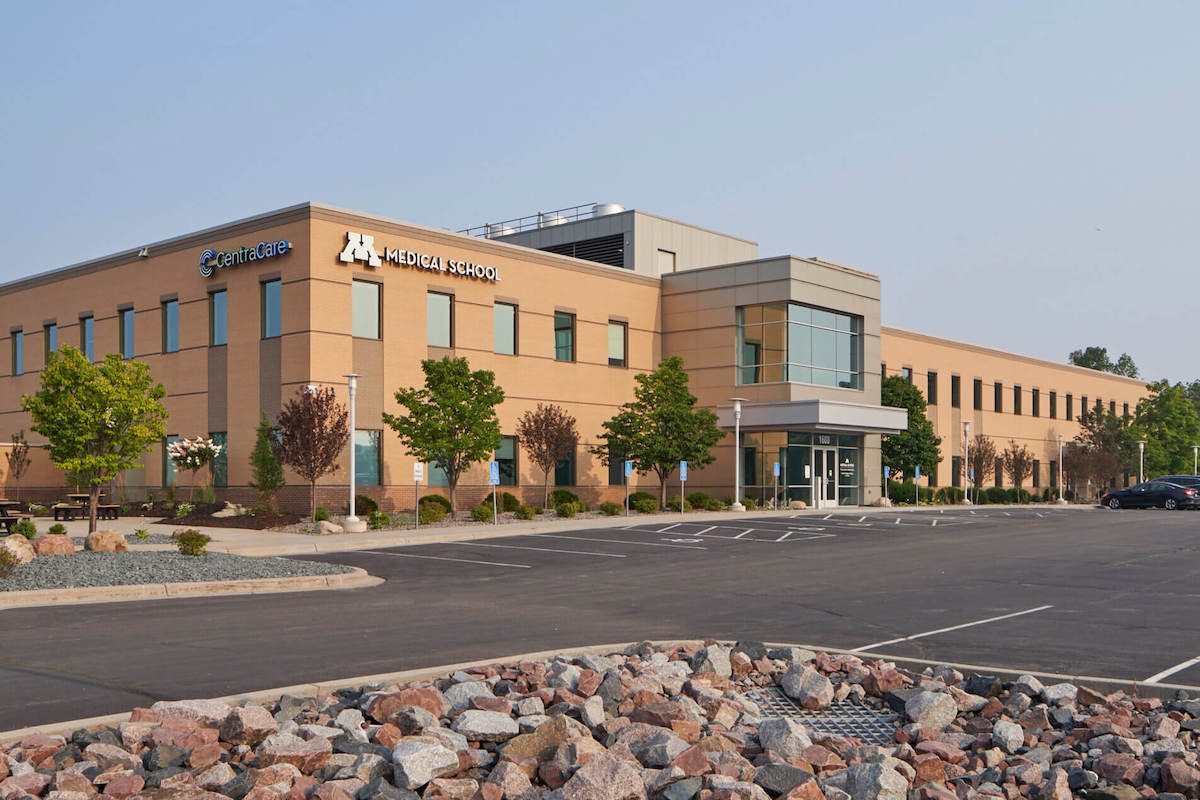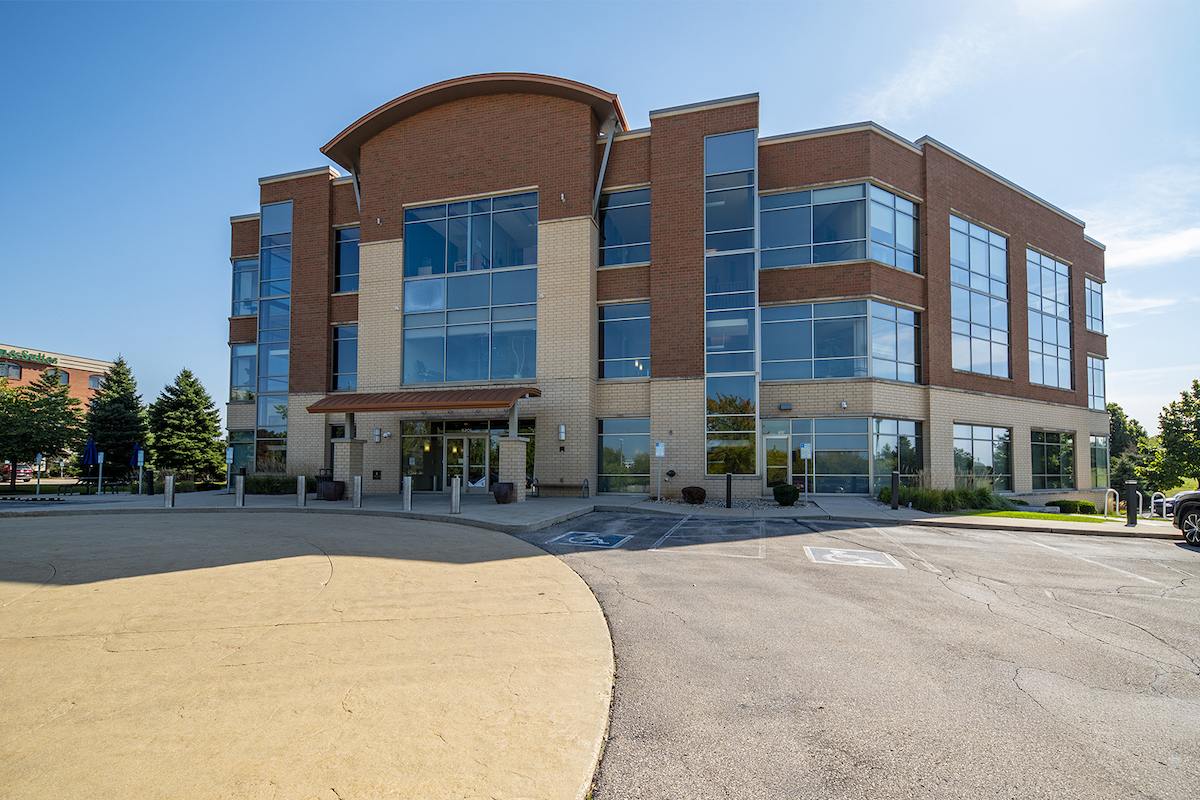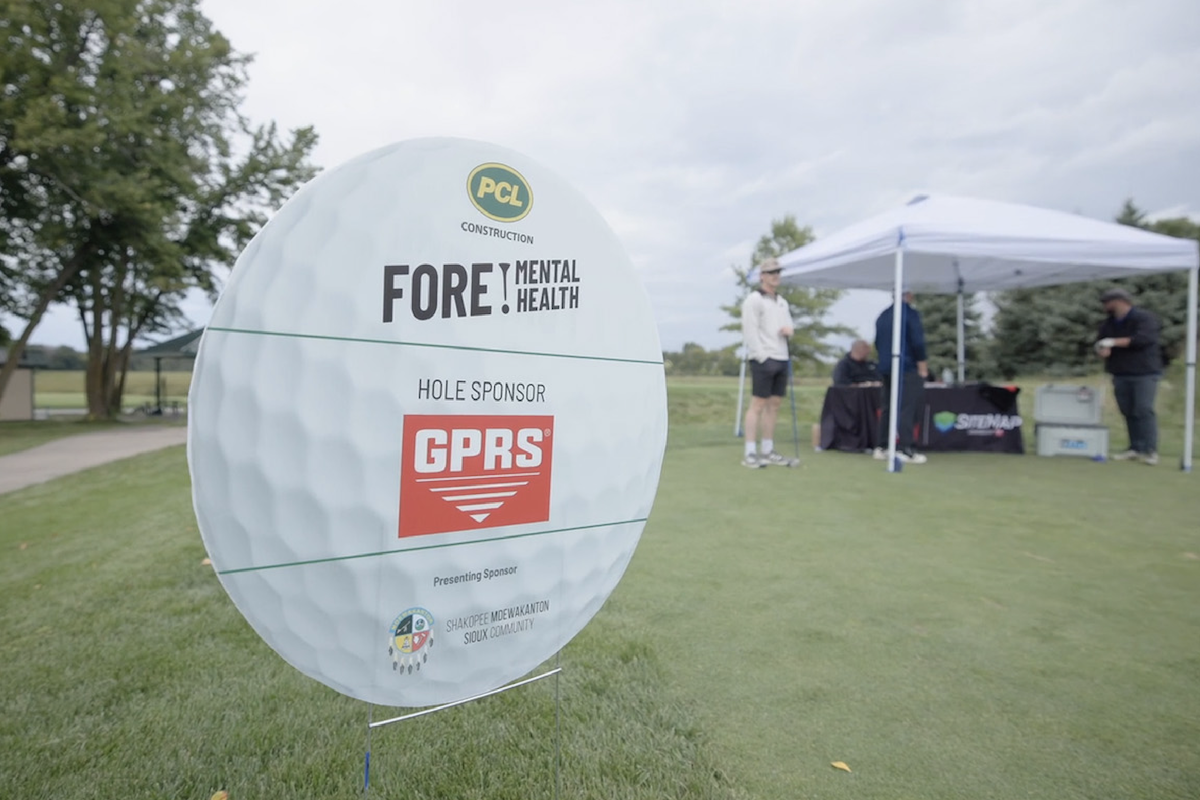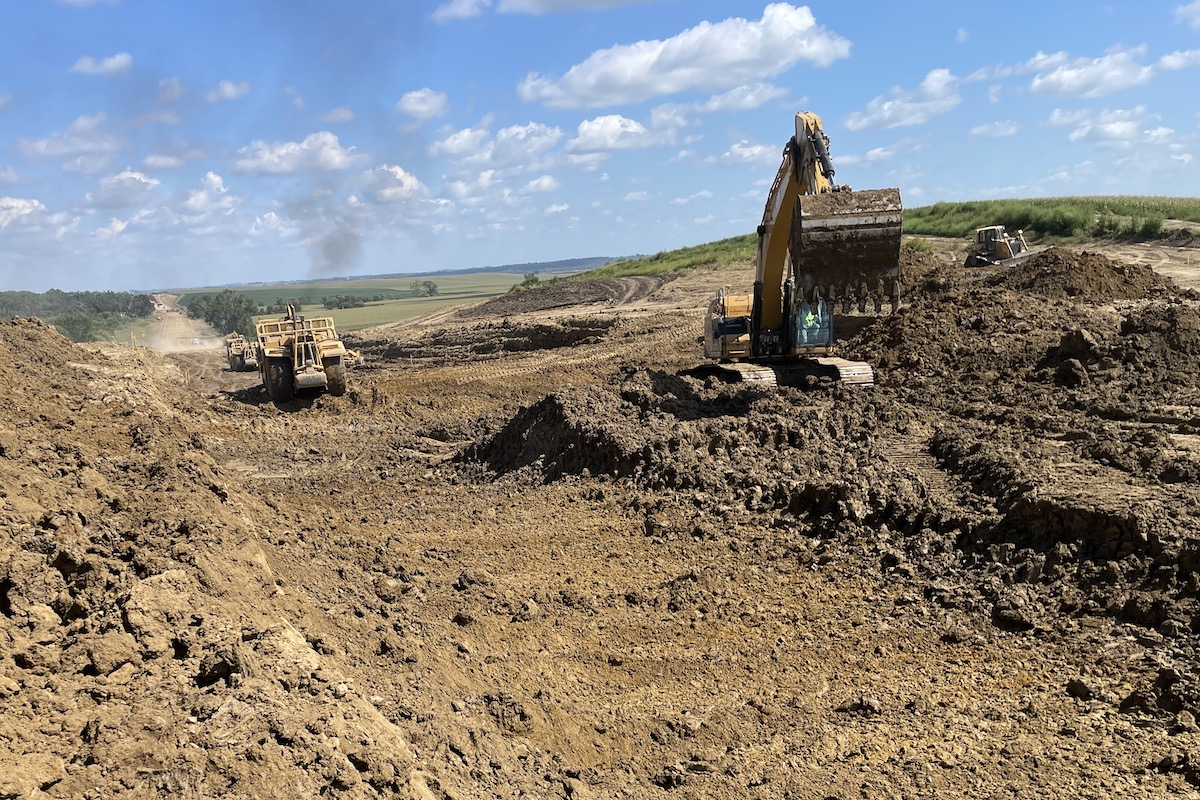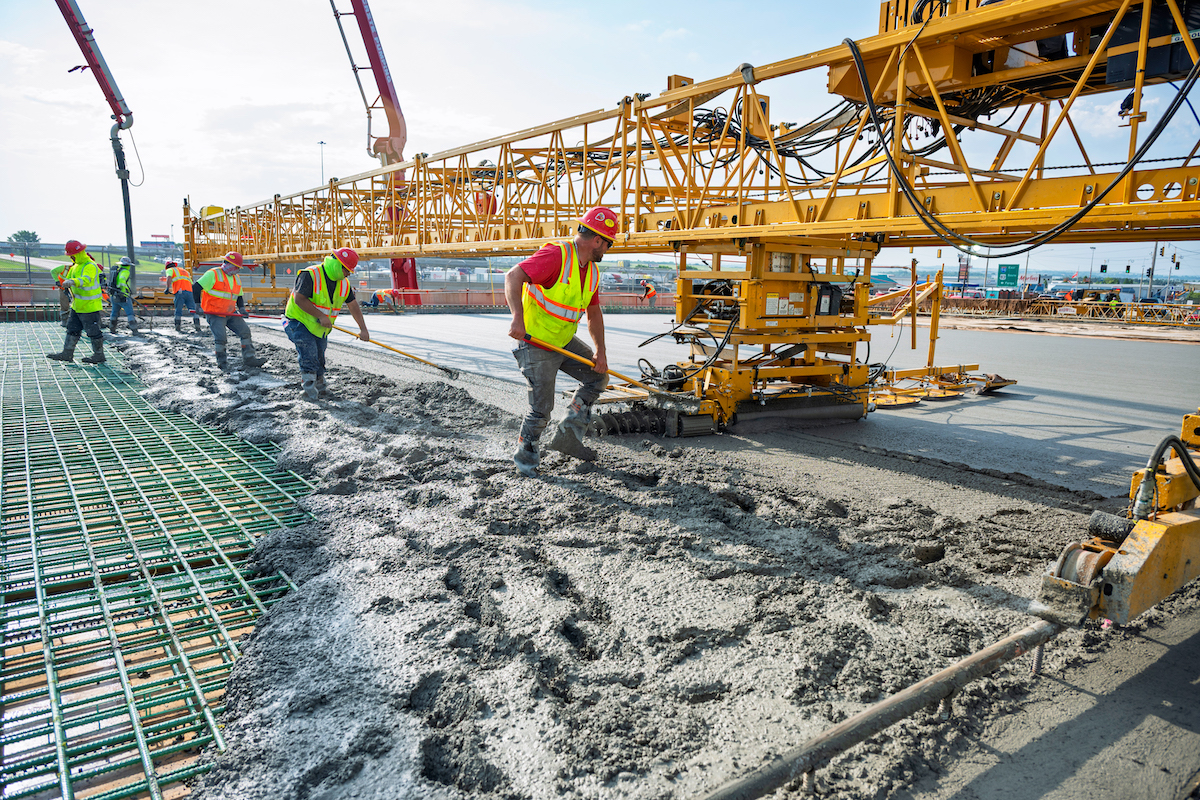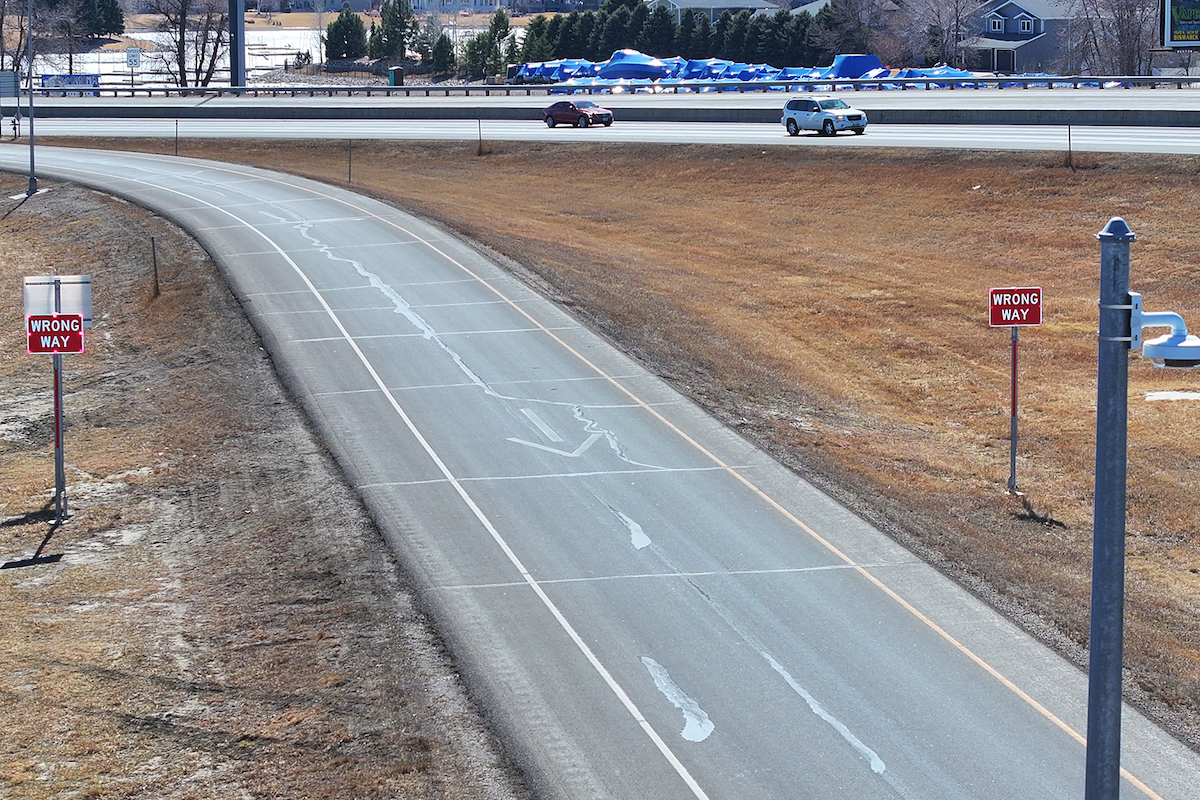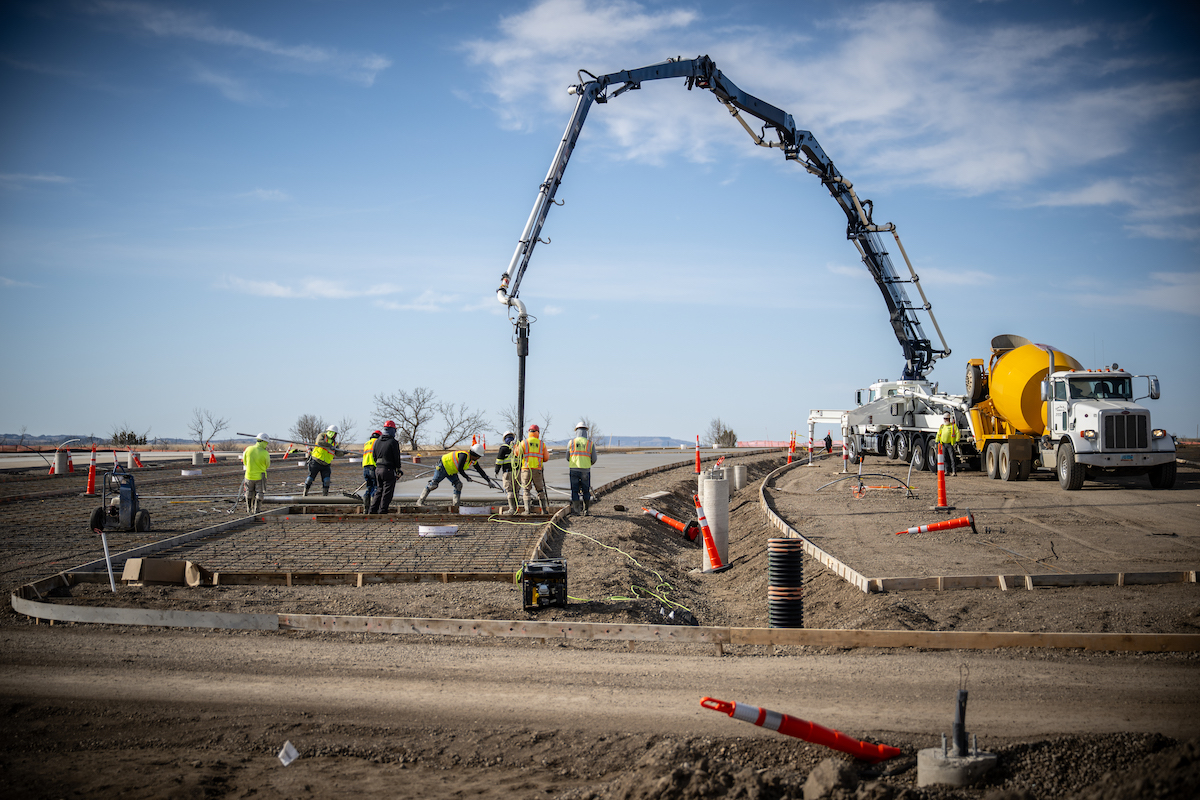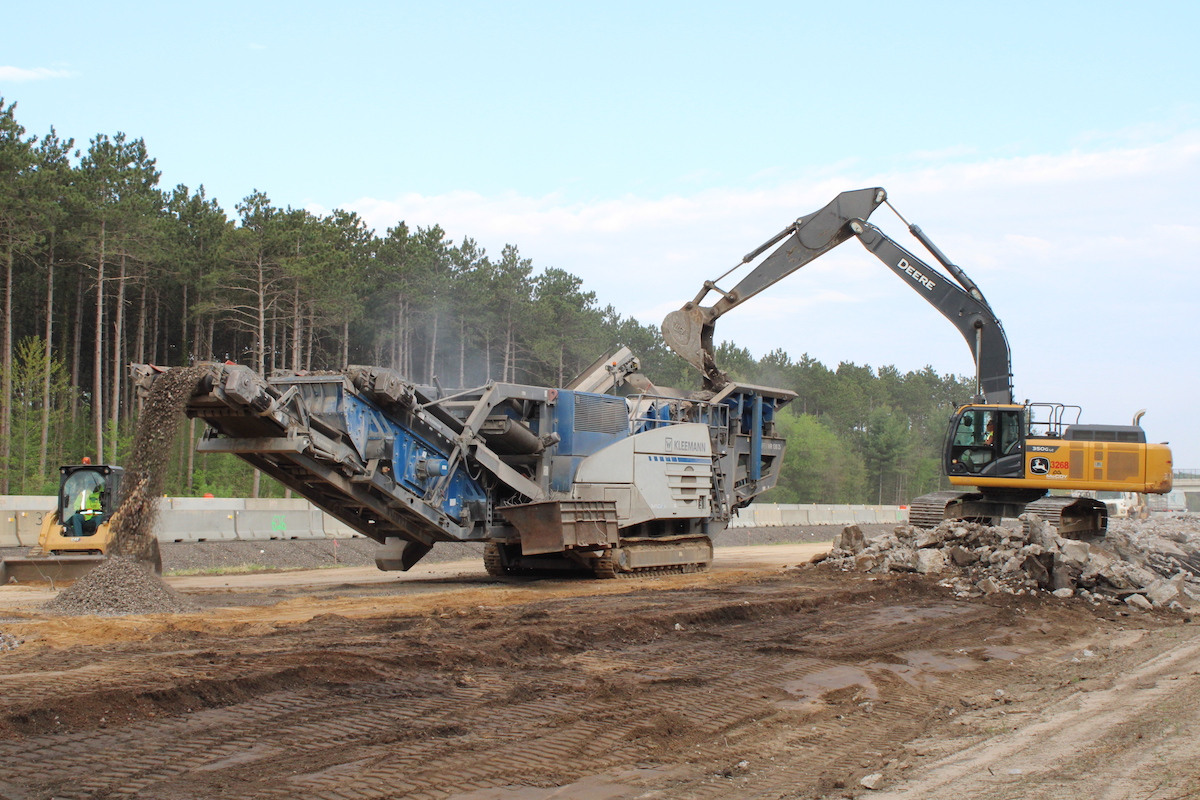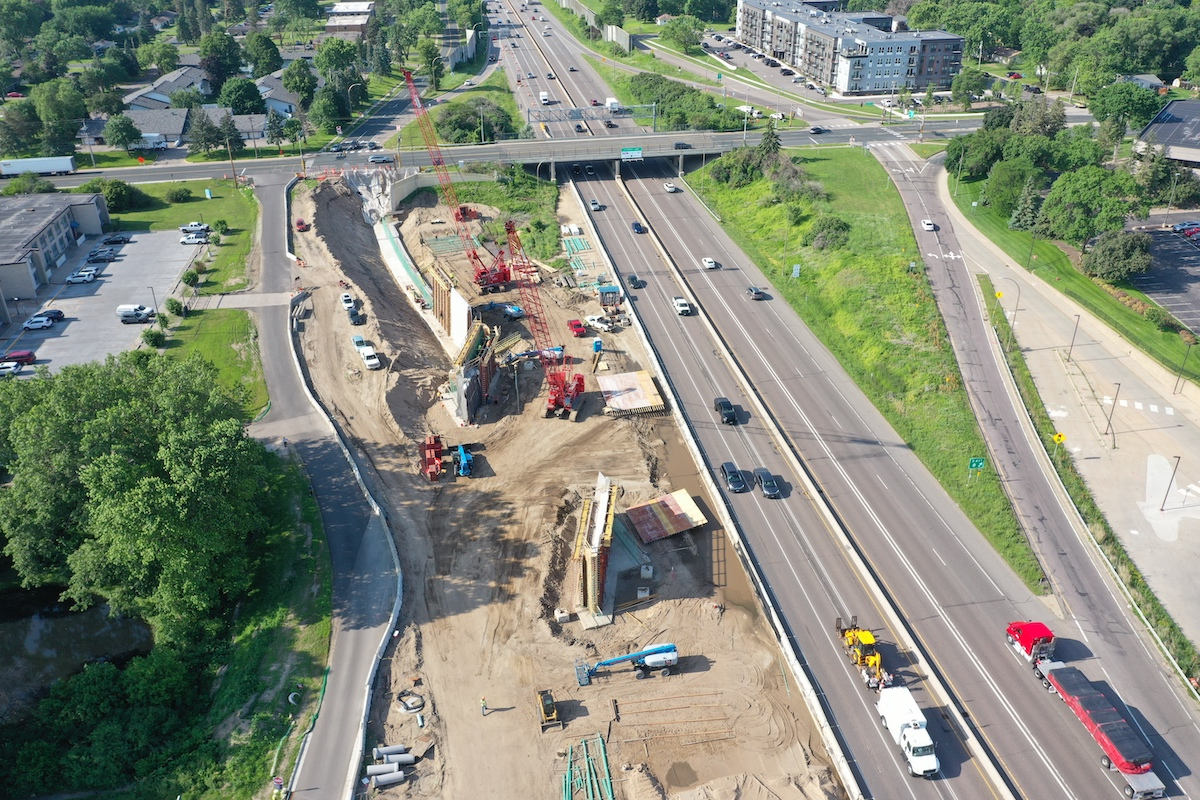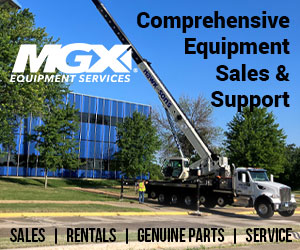As the $182 million Reno Spaghetti Bowl Xpress (SBX) project nears substantial completion at the end of 2022, “The main challenges are dealing with traffic, scheduling, and providing safe work zones,” said Seth Alexander, P.E., Project Manager for Construction Design-Builder Ames Q&D Constructors (AQD). “Overcoming those challenges has required a huge communication effort.”
AQD – a joint venture of Ames Construction – headquartered in Burnsville, Minnesota, with a local office in Reno, Nevada – and Q&D Construction of Sparks, Nevada – broke ground on the project in August 2020. The SBX project is the first phase of more than $2 billion in renovations designed to improve portions of Interstate 80, Interstate 580, and U.S. 395 in the Reno-Sparks area, with particular attention to the I-80/I-580 interchange known locally as the Spaghetti Bowl.
Originally constructed between 1969 and 1971, the Spaghetti Bowl was designed for a metropolitan population of 130,000 people. The area’s population already grew to approximately 420,000 people; by 2040, it’s expected to increase another 27 percent.
Currently, about 250,000 vehicles travel through the Spaghetti Bowl each day. Without the planned improvements, population growth is anticipated to result in a 53 percent increase in travel delays through the already-congested interchange.

| Your local Volvo Construction Equipment dealer |
|---|
| Nuss Truck & Equipment |
To enhance mobility and safety, the Nevada Department of Transportation (NDOT), in cooperation with the Federal Highway Administration (FHWA) and the Regional Transportation Commission, plans phased renovations for the Spaghetti Bowl, along with an adjacent 5-mile segment of I-80 and a 7.3-mile segment of I-580/U.S. 395. (See “Future Work” section.)
The SBX project adds lanes to a segment of I-580 and improves exit ramps and onramps. The work also increases distance between ramps to increase safety and replaces aging concrete pavement. Aesthetic elements, including many developed in partnership with the Reno-Sparks Indian Colony (RSIC), reflect local history and culture.
Although crews utilize conventional methods and materials, “It feels like we’ve used a little bit of everything that exists in the construction of this project,” Alexander said.
For example, in building five new bridges and widening two existing structures, “We have precast concrete girders; fabricated steel girders; and more-traditional, cast-in-place bridges,” Alexander said. “In the design decisions, we considered price, speed of construction, and impacts to traffic. The bridge locations differ by foundation conditions, traffic volumes, the construction work zone available, and vertical clearance. Because of that, every bridge is unique.”
With so many structures and new lanes, “It’s a lot of work in an urban area, so it takes a lot of coordination to provide crews access to work,” Alexander said.

| Your local Gomaco dealer |
|---|
| Hayden-Murphy Equipment Co |
Outside forces amplified the need for extensive coordination.
“I don’t think we’ve been affected by supply chain and COVID-19 issues any more or any less than anybody else doing construction out there, but it’s touching every aspect of our project – from the people to the raw and manufactured materials,” Alexander said. “Through a team effort between AQD, NDOT, and our stakeholders, we’ve been able to work through a long list of issues. We accomplished that by working together and always staying focused on the goal of substantial completion this year.”
In addition to serving as a major transportation route through the Reno-Sparks area, the Spaghetti Bowl provides primary access to many households and operations of the Reno-Sparks Indian Colony, which includes members from three Great Basin Tribes – the Paiute, the Shoshone, and the Washoe. NDOT and the FHWA invited the RSIC to serve as a cooperating agency on the Spaghetti Bowl project, providing input during environmental review and design.
One result of that partnership was artwork reflecting Native American culture incorporated into areas near the Colony. Custom formliners for retaining and sound walls show the history and traditions of the RSIC’s three tribes, as well as local ecology. At one of the interchanges, a group of feature walls graphically tells the Creation Story of how the local tribes came to be.
RSIC Tribal Chairman Arlan Melendez reflected, “It is important that we represent our culture and tell our stories with our neighbors and visitors to Nevada. The SBX cultural elements honor our past, present, and future customs. A large, bronze sculpture of a Native American female dancer – modeled by a RSIC tribal member – represents our traditional dances and songs, while our baskets showcase our ongoing practices of our people.”

| Your local Link Belt dealer |
|---|
| Hayden-Murphy Equipment Co |
The baskets will be installed on some of the bridges and will be lighted.
During construction, “There are unique challenges to installing artwork that are different from installing traditional items,” Alexander said. “Artwork is designed for beauty, not for function of installation. We’re working closely with the artists and fabricators to make it work.”
In some cases, the aesthetic elements need extra time and attention. “For example, the formliner we use to create some of the artwork on the cast-in-place concrete walls is very intricate, so it requires additional care from the workers installing it to avoid damage,” Alexander said.
“We try to focus on marathon weekends instead of long-term closures to minimize the impact,” said Alma Piceno-Ramirez, P.E., NDOT Resident Construction Engineer. “The fact that we have been able to schedule the closures and do all of our stakeholder outreach ahead of time has been very beneficial.”
Closures for the SBX project are almost done, though. In May, traffic shifted for the final phase of work.

| Your local Komatsu America Corp dealer |
|---|
| Road Machinery and Supplies Company |
“On southbound I-580 just south of the Spaghetti Bowl, drivers started traveling on newly constructed lanes and newly expanded bridges while work continues on the interstate median,” Piceno-Ramirez said. “It’s a sneak peak of what the new route will be, but with the construction in the median we don’t have all the southbound lanes open yet.”
Lane restrictions will continue through the end of the year as crews complete the work in the I-580 median and add landscaping and other aesthetic elements. Once the SBX project finishes, bottlenecks and crashes through the Spaghetti Bowl should be greatly reduced. Future phases will continue to improve the corridor.
- Owner – Nevada Department of Transportation
- Construction Design-Builder – Ames Q&D Constructors, a joint venture of Ames Construction, headquartered in Burnsville, Minnesota, with a local office in Reno, Nevada, and Q&D Construction, Sparks, Nevada
- Lead Designer – Horrocks Engineers, Reno, Nevada
- Geotechnical Design – Gerhart Cole, Midvale, Utah
- Quality Control – Aztech, Las Vegas, Nevada
- Electrical – Titan Electrical Contracting, Reno, Nevada
- Steel Fabrication and Installation – Nucor Harris Rebar, Carson City, Nevada
- Structural Steel Fabrication and Installation – Utah Pacific Bridge & Steel, Lindon, Utah
- Decorative Steel Fabrication – Tutto Ferro, Reno, Nevada
- Drilled Shafts – Keller, Las Vegas, Nevada
- Signs and Striping – Nevada Barricade & Sign Company, Inc., Reno, Nevada
- Concrete Supplier – 3D Concrete Inc., Sparks, Nevada
- Landscaping – Soil-Tech, Sparks, Nevada
- Tie-Back Walls – Malcolm Drilling, Las Vegas, Nevada
Currently, NDOT forecasts the following dates for construction:
- Phase 2 targeting I-80 east of the Spaghetti Bowl, 2024-2028
- Phase 3 reconstructing the northern section of the Spaghetti Bowl, including U.S. 395 north of the interchange, 2028-2034
- Phase 4 to renovate I-580 south of the Spaghetti Bowl, 2035-2037
- Phase 5 to improve the western side of the Spaghetti Bowl and I-80, 2037-2039
Photos courtesy of Ames Q&D Constructors



















